| Duck, duck, Detroit |
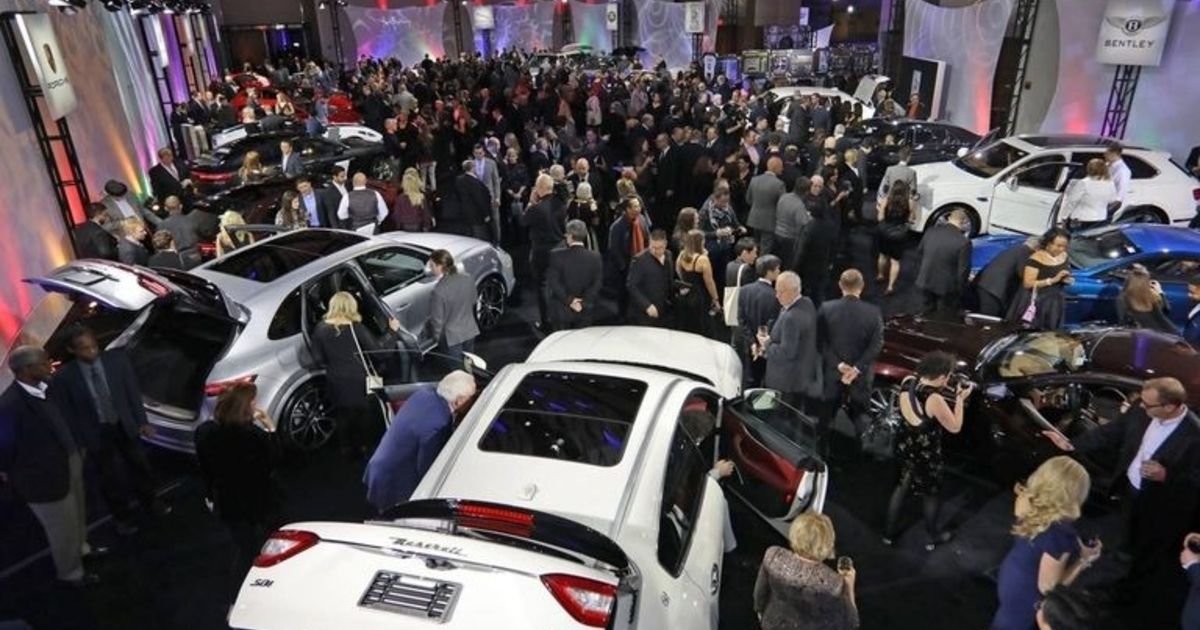
The last time Detroit held an auto show, Kelley Blue Book said the average transaction price for a new vehicle was about $37,000.
Heading into the 2022 Detroit show this week, it’s now more than $48,000.
And that only captures a fraction of the revolution this industry has gone through in the 1,300-plus days that have elapsed without a motor show in the Motor City.
This year’s show will look a lot different, too, as reporter Michael Martinez writes in this week’s issue of Automotive News. Organizers already were planning to retool the show before COVID-19 arrived; the end product, after multiple postponements and an accelerating trend of manufacturers skipping such events, is a “complete reboot,” as Detroit Auto Dealers Association President Thad Szott told us.
The hometown automakers are still here, of course, but even General Motors chose to reveal the Chevrolet Equinox EV — a real “game changer” thanks to its $30,000 base price, as a dealer told reporter Richard Truett for another story this week — on TV six days ahead of the event instead of on the show floor.
For anyone who remembers the years when dozens of production vehicles and concepts debuted in Detroit each January, the upcoming week will feel rather light on big news. But there will be a giant rubber duck and the stone-wheeled car that John Goodman drove in a 28-year-old movie with a 21 percent rating on Rotten Tomatoes.
Of course, it’s not just Detroit’s auto show that has struggled to remain relevant — even before the pandemic hiatus taught automakers that virtual reveals can be done cheaply and effectively — and the dealers association deserves credit for working hard to keep it alive despite a long list of challenges.
Past Detroit shows have been notable for introducing consumers to new brands, hosting surprise reveals and having plenty of gratuitous stunts, like Jeeps crashing through plate-glass windows and amorous cattle roaming the streets.
Time to see if the few automakers still participating care to make this one memorable, too. For more than just the big rubber duck.
 |
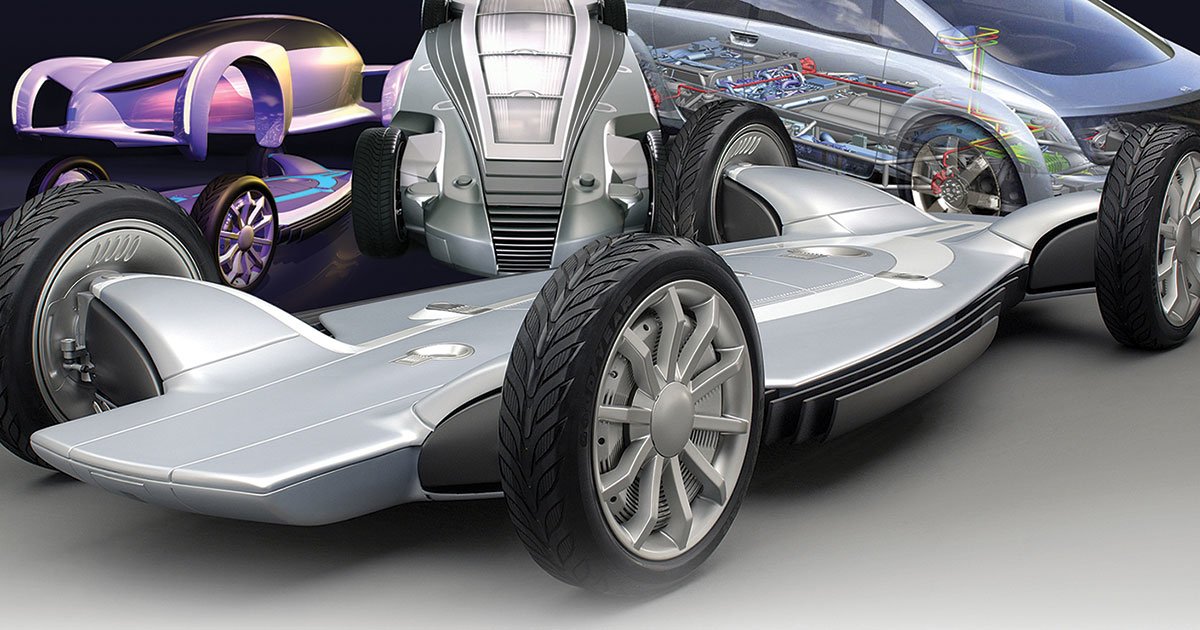
 |
In Monday’s Automotive News:
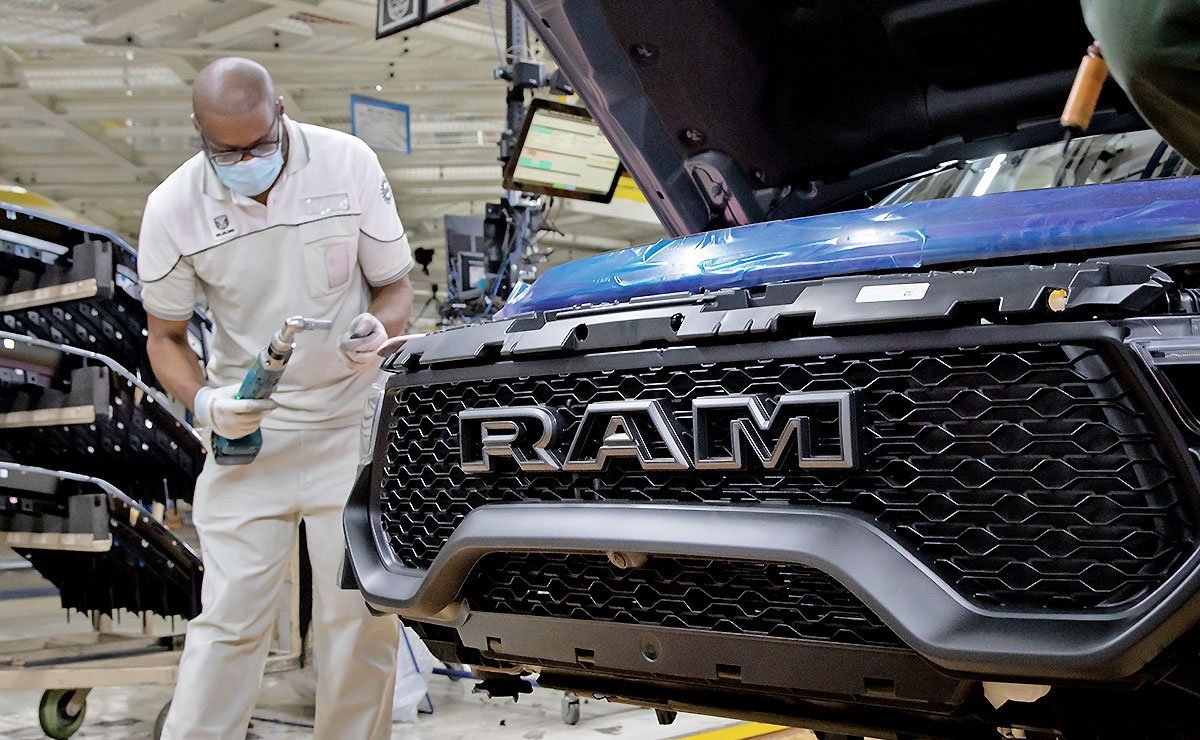
Automating the purchasing process: The relationships between automakers and suppliers have been put to the test in recent months as parts makers feel intense financial pressure from inflation and various shortages. Now, some automakers are automating aspects of their parts purchasing processes in an attempt to allow their purchasing teams more time to manage increasingly complex supply chain issues. Automotive News explores the good, the bad and the potentially ugly in automated purchasing.
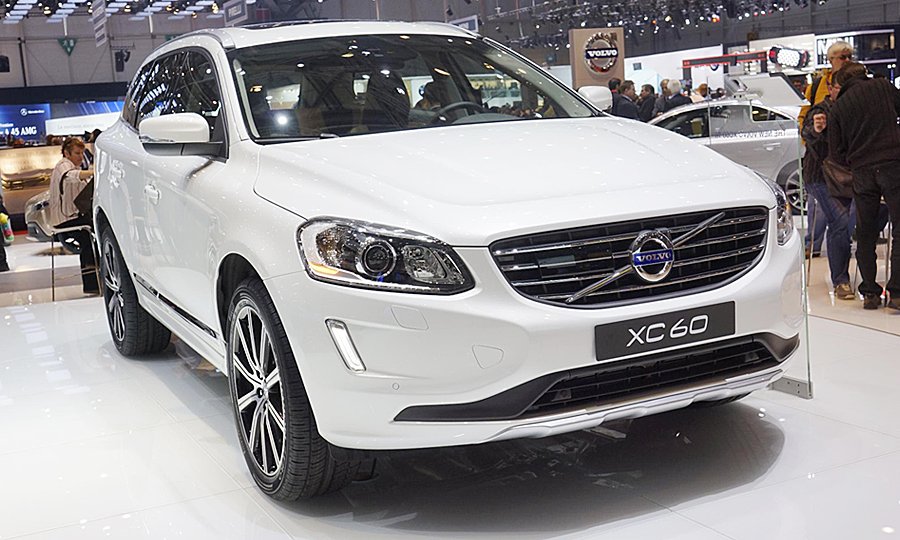
Good news/bad news: Volvo’s bestselling XC60 crossover also attracts the oldest customers of any Volvo model. XC60 customers are 55 years old, about five years older than Volvo’s average. Hoping to find the midsize crossover some younger buyers, the Swedish automaker has collaborated with YouTuber Andrew Huang, and the Canadian content creator has produced a video that is a soundtrack of vehicle sounds — clicking seat belts, blinking headlights, shutting doors and swiveling mirrors — blended into a techno track. The 1:05-minute YouTube video also highlights the swipe-based sunroof controls, Google-based infotainment system and air purifier. Volvo Car USA marketing boss Leigh Moynihan said market research shows XC60 shoppers are design-focused and technology-focused. “We wanted an opportunity to see if we could create a new piece for XC60 that could introduce our audience in a new and engaging way to the different features of the car,” Moynihan told Automotive News.
 |
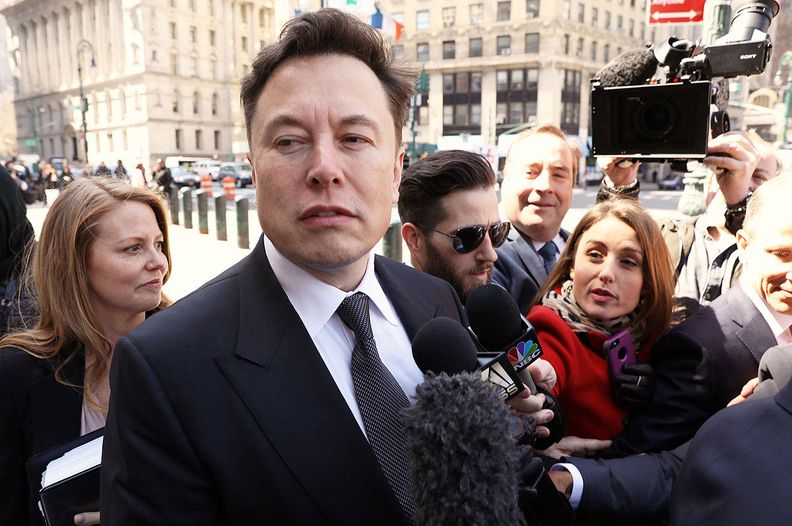
Musk wins Twitter case ruling: Elon Musk can use a whistleblower’s claims in his legal case against Twitter, but the Tesla CEO cannot delay the trial over his attempt to walk away from his $44 billion deal for the company, a judge ruled. Musk’s initial case against Twitter claimed the social media company misrepresented the prevalence of spam or bot accounts on the platform.
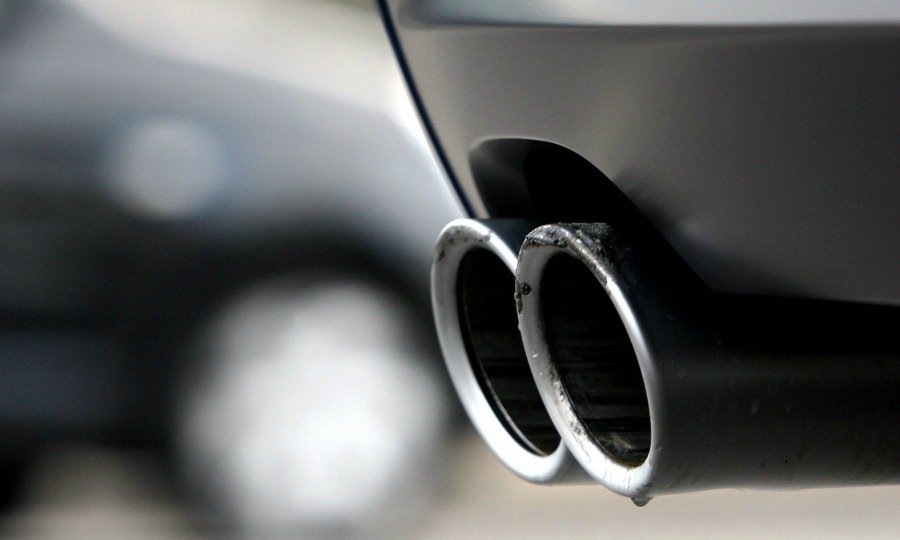
EPA fines suppliers: Two Detroit-area companies have been ordered to pay $10 million for manufacturing, selling and installing aftermarket devices that bypass car emissions controls. Diesel Ops and Orion Diesel were caught through a national crackdown by the EPA against companies violating the Clean Air Act.
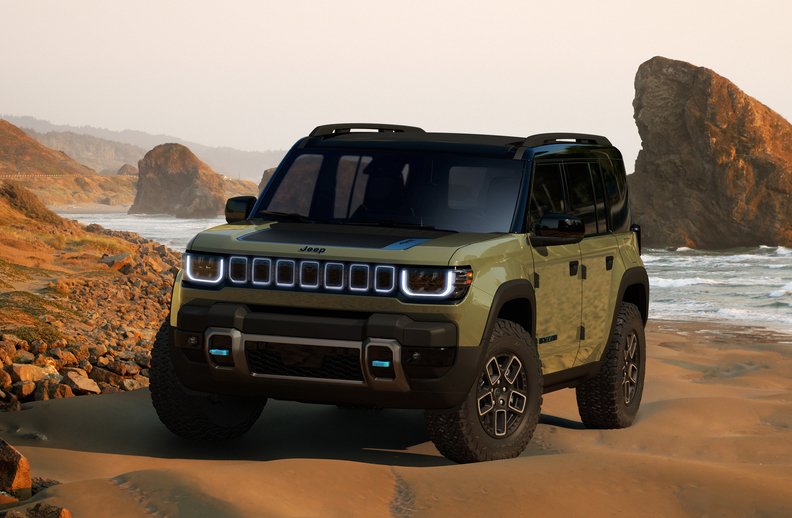
Jeep’s EV era begins: The first fully electric Jeeps for the U.S. are scheduled to arrive in 2024. The Wrangler-inspired Recon and a sleek midsize crossover called the Wagoneer S will mark the beginning of the battery-electric era for the brand in its biggest market.
 |
|
|---|
 |
 |
 |
Sept. 12, 1995: The fourth-generation BMW 5 Series — code-named E39 — premieres at the Frankfurt auto show. It was sold from 1995 to 2004 in sedan and wagon variants. The 5 Series was heralded by journalists and consumers, and many critics later called it the best car made at the time. “Instantly, the Mercedes E-Class was made to look wooden; the Jaguar XJ to look cramped and dated; the Audi A6 to look deeply humdrum,” The Telegraph of London said in 2016.

